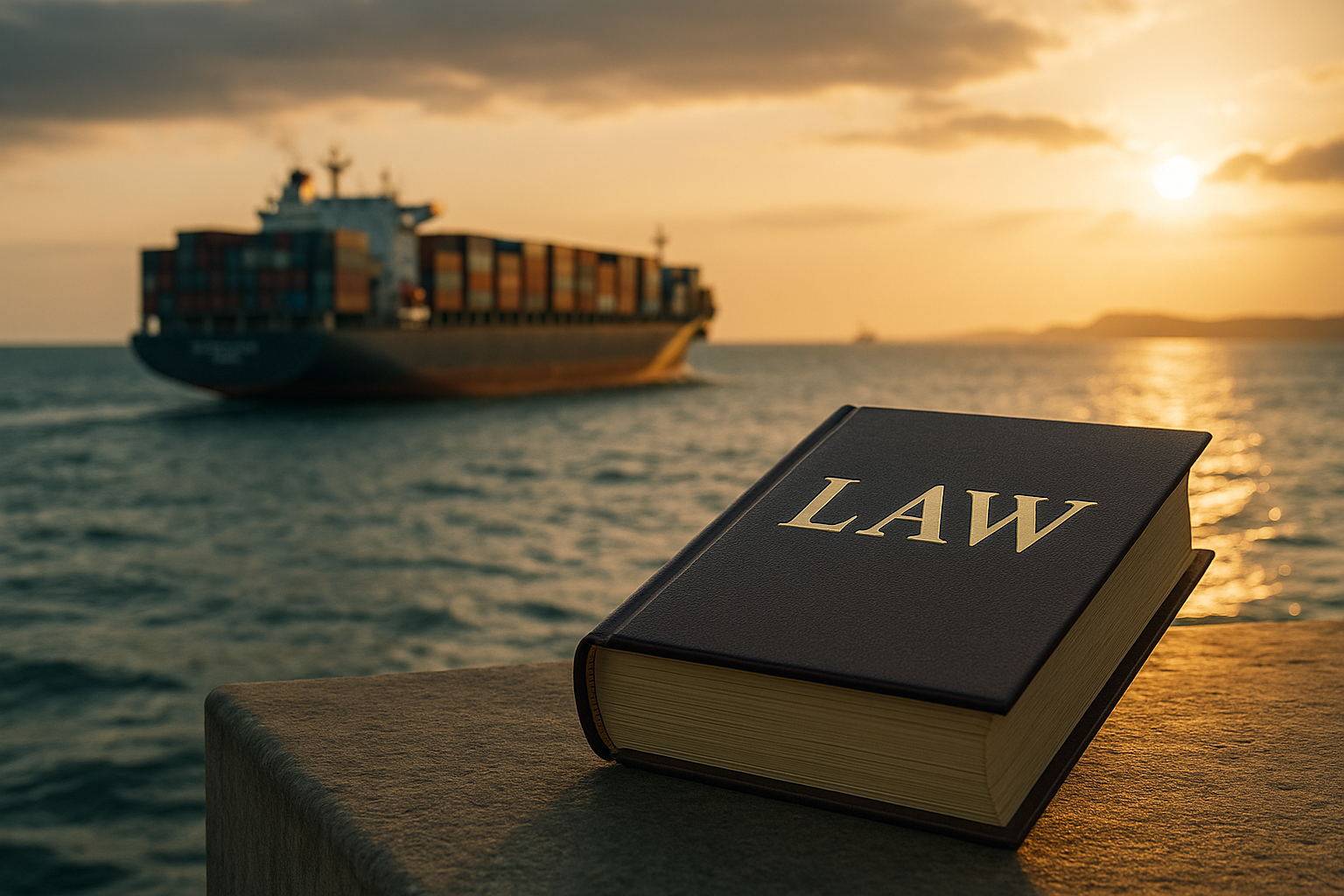The Unseen Influence of Maritime Law on Global Trade
Introduction: Maritime law, also known as admiralty law, governs activities on the high seas and other navigable waters. While it might seem like a niche legal field, maritime law has profound implications for global trade, impacting everything from shipping contracts to environmental regulations. This article will delve into the fascinating world of maritime law and explore how it shapes global commerce.

The Origins of Maritime Law
Maritime law has its roots in ancient civilizations. The Greeks, Romans, and Phoenicians developed sets of rules and customs to regulate their seafaring activities. However, the most influential early maritime code was the “Laws of Oleron,” compiled in the 12th century at the behest of England’s King Richard I. These laws addressed various maritime issues, such as the responsibilities of ship masters and the rights of seamen, providing a foundation for much of today’s maritime law.
The Modern Framework of Maritime Law
Maritime law today is a complex mix of international conventions, domestic laws, and industry standards. Key international organizations, such as the International Maritime Organization (IMO), play a crucial role in developing and enforcing maritime regulations. Countries also enact their maritime laws, often incorporating international norms and standards. These laws cover a wide range of issues, from the obligations of flag states to the rights and liabilities of shipowners.
Maritime Law and Global Trade
Maritime law is critical for global trade as it provides the legal framework for international shipping. It governs contracts of carriage, insurance, and freight, ensuring that goods can be transported safely and efficiently across the world’s oceans. It also regulates maritime safety and environmental protection, balancing the need for efficient shipping with the imperative to protect the marine environment.
The Impact of Maritime Law on Society
The impact of maritime law extends beyond the shipping industry. It affects the prices we pay for goods, the quality of the air we breathe, and the health of our oceans. For example, regulations on shipping emissions directly impact air quality in coastal areas. Similarly, rules on the disposal of ship waste can help protect marine biodiversity.
The Future of Maritime Law
The future of maritime law will be shaped by several key trends, including the rise of autonomous ships, the push for more sustainable shipping practices, and the increasing importance of the Arctic shipping routes. These developments will require new regulations and legal frameworks, posing significant challenges for policymakers and legal practitioners alike.
In conclusion, maritime law may seem like an obscure field, but it has profound implications for our globalized world. It supports the smooth functioning of international trade, promotes maritime safety and environmental protection, and influences a wide range of societal issues. As the world continues to evolve, maritime law will need to adapt, ensuring that it remains relevant and effective in an ever-changing world.




